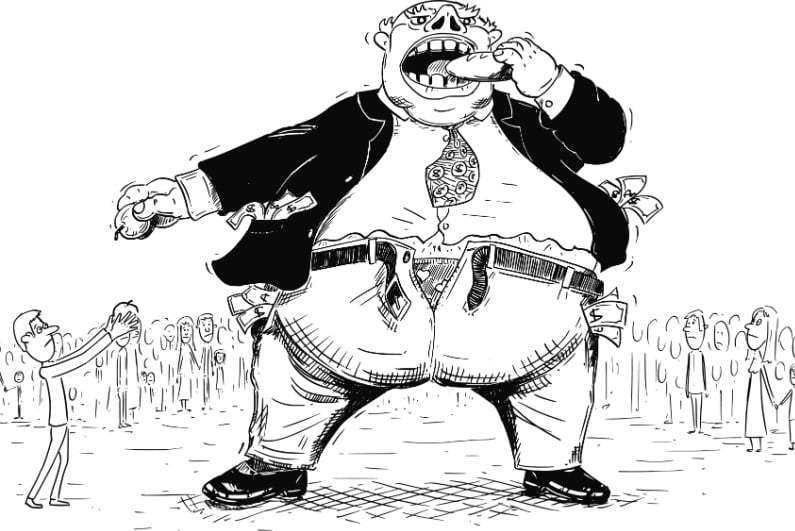New report released
Politicians in the United Kingdom are calling for video game loot boxes to be regulated through gambling law. They also want these virtual items to be banned from games that children are able to buy.
These calls follow the publication of a report on the issue from the Department for Digital, Culture, Media and Sport (DCMS) committee. This committee gives a number of recommendations on how the government can tackle this issue going forward.
The committee also asks the makers of games to accept some responsibility for the addictive gaming disorders that often result in video game players.
The report showcases a number of different cases of young gamers spending beyond their means to buy loot boxes. In one case, a player spends as much as £1,000 ($1,250) each year on the EA FIFA soccer game to try and get better players in-game.
Calls for change
The chairman of the DCMS committee is Damien Collins MP. He puts a lot of blame at the feet of the gaming companies and social media platforms through their
relentless battle to capture ever more of people’s attention, time and money.”
He went on to discuss how their business models have been built on capturing people’s attention and money as much as possible and that it is about time that they took more responsibility for the issues they are causing.
Collins spoke about the lucrative nature of loot boxes for the companies selling them, but also outlined the high cost also associated with them. This is especially the case for exposing children to gambling and for those dealing with a gambling addiction.
The committee did struggle to get any useful information or cooperation from gambling companies when conducting their inquiry. However, they hope that this report and subsequent regulatory changes might focus their minds more on the issue at hand.
Recommendations of the report
The committee is calling for gambling laws to be updated. Collins said:
Buying a loot box is playing a game of chance and it is high time the gambling laws caught up.”
The committee is calling on the government to give a proper explanation as to why loot boxes should not be a part of the Gambling Act.
As part of this report. MPs are calling on the government to make gaming companies disclose their aggregate player data. The MPs also want to bring in a levy on gaming companies, with the subsequent funds going towards funding independent research on the issue.
Response to the report
UK Interactive Entertainment is the gaming trade body in the UK and it responded to this report. The body is going to review this report in-depth and consult with the industry to deepen their commitment to player safety, particularly for minors and other vulnerable groups.
The body spoke about how the industry is aware that balance is an issue for the minority of people playing video games. The systems used to rate games is also constantly under review.
Speaking about this report, the UK Gambling Commission said that their view on the issue is that under current legislation, loot boxes can only be categorized as gaming through the current Gambling Act if there is a prize of money on offer or an item that can be exchanged for monetary gain.
A change in the primary legislation would be needed in order to classify all loot boxes as gambling.
The government itself is taking the findings of this report very seriously and will review it properly before responding.
Makeup of loot boxes
Loot boxes come in different shapes and sizes. They are often in the form of a pack or box of virtual items that a person is able to buy using real money. The items you get from these boxes or packs are randomized and you will not know what you get until you buy a box or pack.
This random aspect involving the use of real money has long led people to liken it to gambling. The big gambling companies use this as a big money driver, earning billions of dollars from it.
Countries that do not consider loot boxes to be a form of gambling include Ireland, Germany, Sweden, Denmark, Australia and New Zealand.




